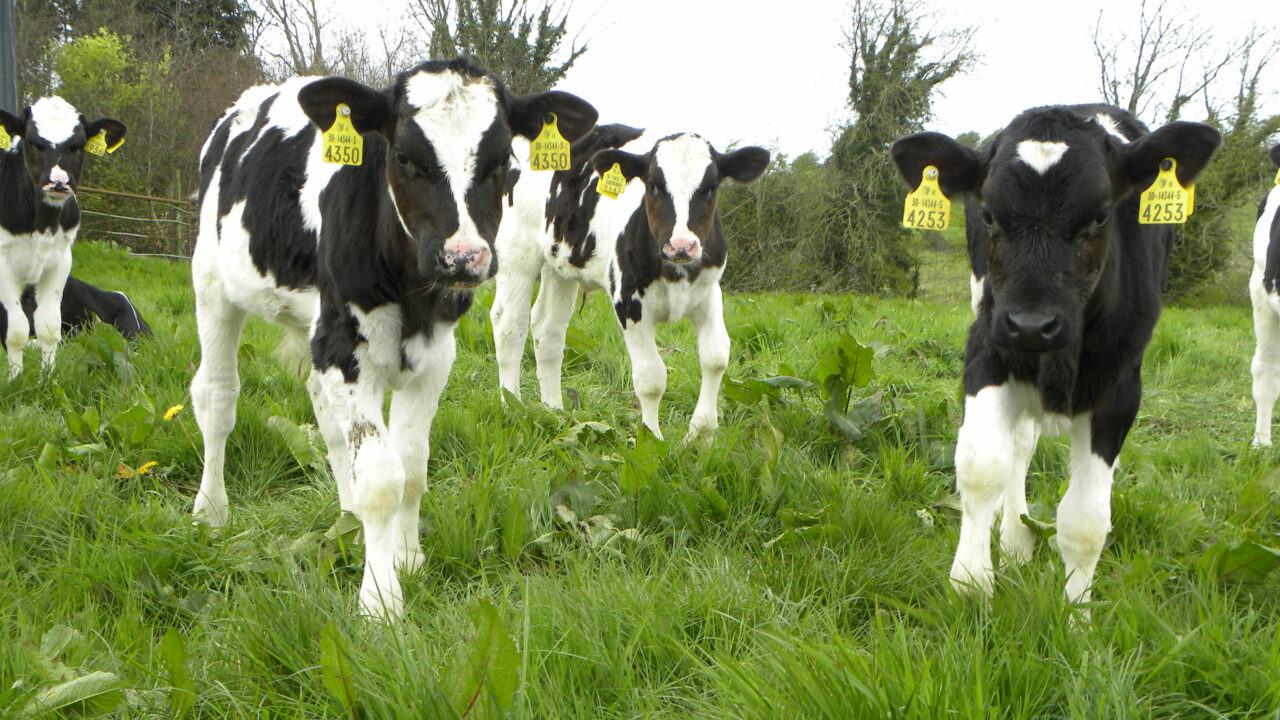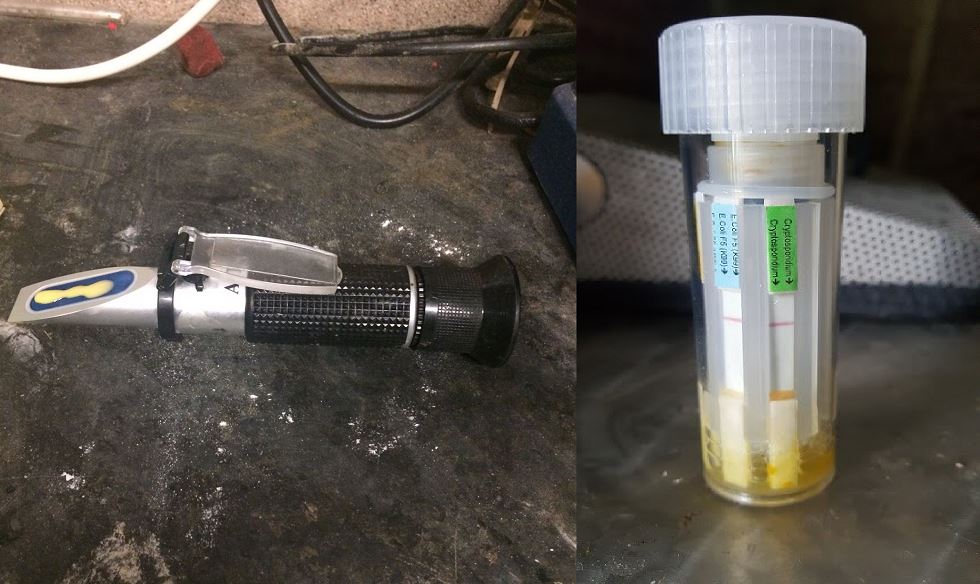With calf rearing, a little planning now goes a long way to reducing problems when calving starts. To help farmers with this, Bonanza Calf Nutrition – Ireland’s leading calf specialists – is continuing its evening meetings this spring.
A number of topics will be discussed at length, including: the latest advice of disease control; housing; milk replacer; and concentrate feeding.
All of the meetings will commence at 7:30pm.
The main topics
According to Bonanza’s chief calf advisor, Dr. Christine Cummins, the main points of interest at the meetings so far have been disease control, options for rearing calves and weaning methods.
At the upcoming meetings, Christine will outline the latest research on colostrum feeding and storage, along with the effectiveness of transition milk feeding.
This includes Christine’s own work, carried out in Teagasc Moorepark, and that of her colleague Dr. Amanda Dunn, who carried out research on colostrum and vaccines at Hillsborough.
To help with identifying the disease-causing pathogens at farm level, Bonanza utilises a scour testing kit. In just 10 minutes, it can determine what is causing scour on-farm and it allows for better, targeted control and prevention. The use of the test kit and refractometers to test colostrum quality will also be explained.
Labour at feeding
How to use a computerised feeder properly, the pitfalls and other options to reduce labour at feeding time will also be discussed.
Recent work from the University of Liverpool (below table) found that even with a maximum of six calves per feed station, disease levels were two-to-three times higher compared to bucket-fed calves. This increase in disease levels was attributed to the sharing of the teat.
Bonanza’s large team of specialists provide advice for its farmer customers to reduce disease pressures on their farms and maximise calf performance.
According to Christine, one of the mistakes made by farmers buying calves for beef production is that they are feeding too much milk replacer for too long. This delays weaning and increases costs and labour.
All of the work carried out at Teagasc Grange in the 1970s and 1980s found that getting calves to eat dry feed was critical to calf performance and profitability.
This work has since been repeatedly supported by researchers and on commercial farms across the world.
As calves are often sold at a young age now, in the post-quota era, the quality of calf milk is even more important. Therefore, using milk-based calf milk – made with skim milk powder – is critical. High crude protein calf milk can actually make calf rearing harder, she explained.
More information
All farmers are welcome to attend the upcoming meetings. For more information, call Bonanza Calf Nutrition at: 042-9336001.




